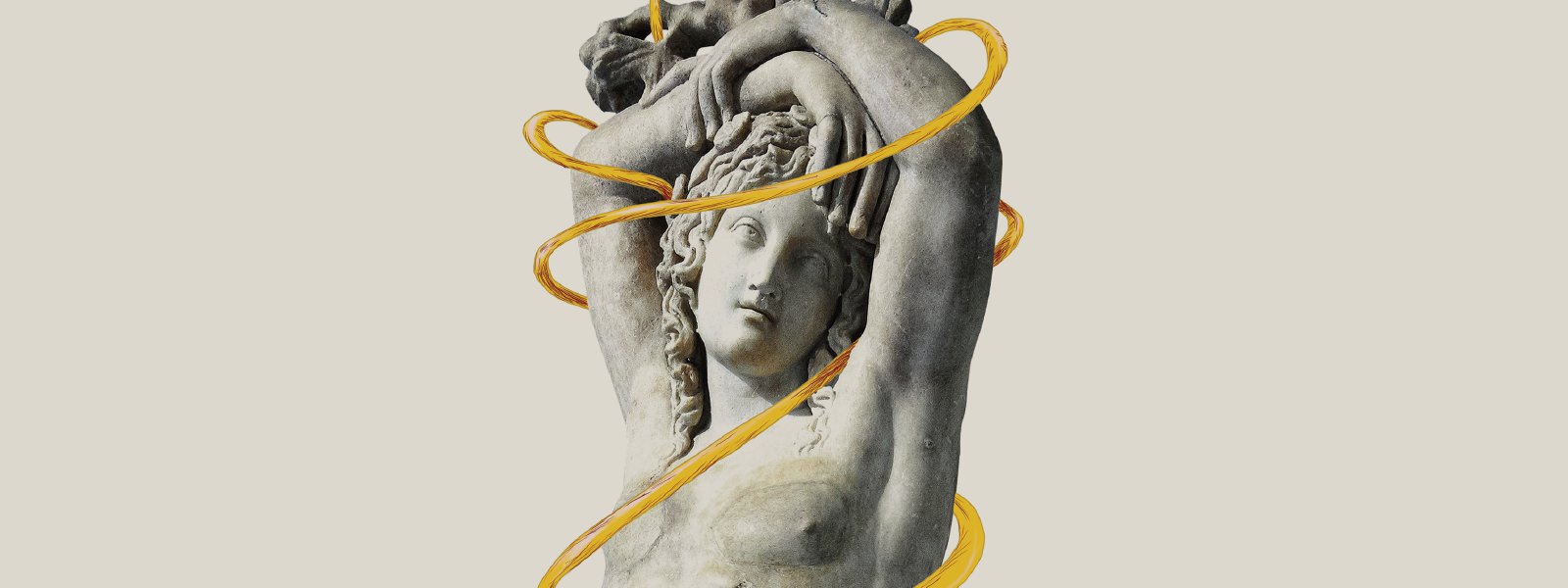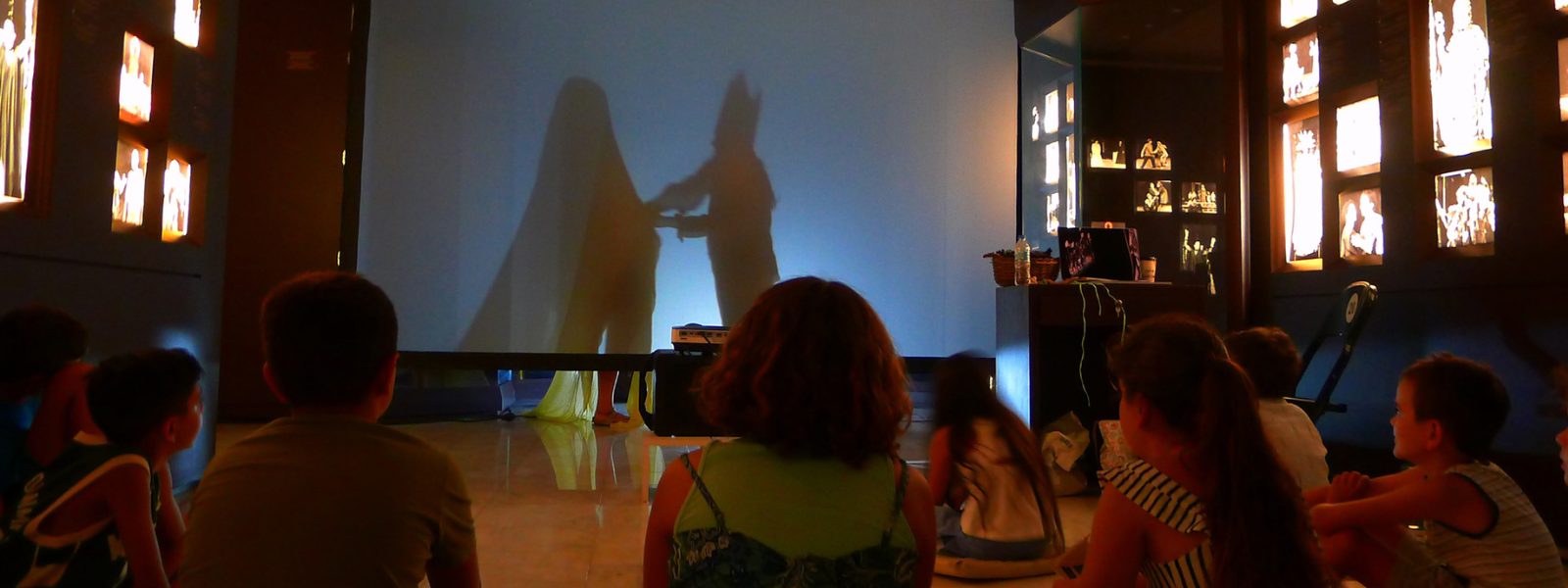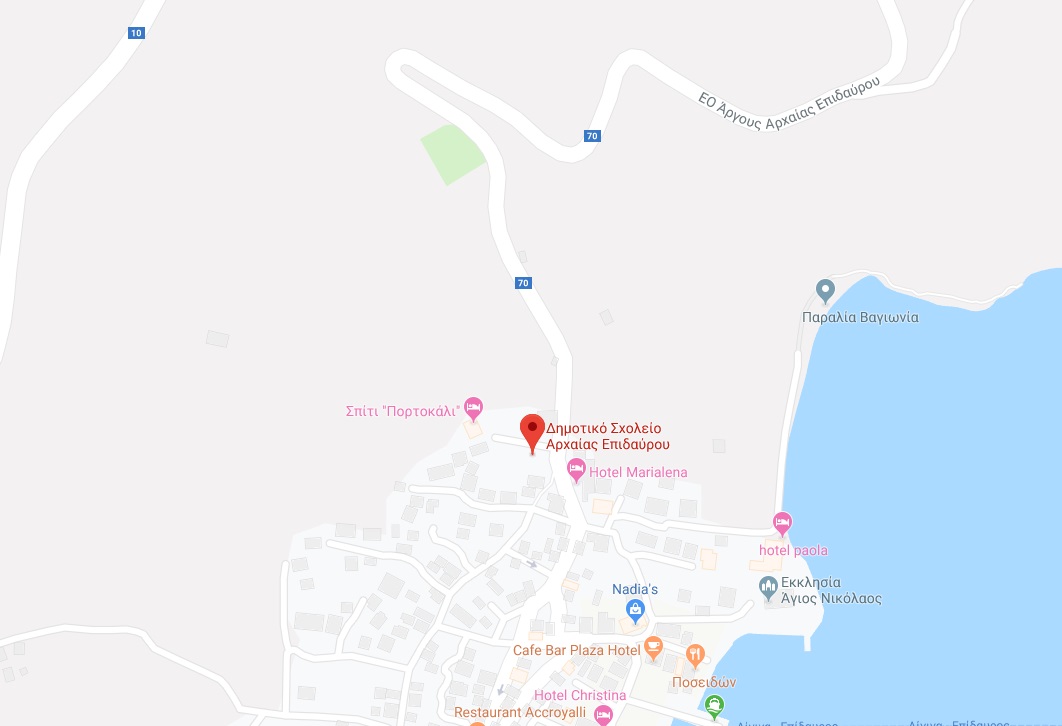Chorus: All as one, one for all / Revisiting the limits of tragic discourse in modernity and postmodernity: The adventures of Antigone
Chorus: All as one, one for all
Georgina Kakoudaki, theatre director, theatre theorist, Head of Epidaurus Lyceum
In the ancient Greek world, drama and democracy developed simultaneously, both signifying the responsibility of the individual within the community. Since the more systematic reinvention of ancient drama that flourished in the 20th century, theatre directors are always concerned with how they must deal with the Chorus. In this lecture, we will discuss many different directorial approaches to the Greek Chorus: The Chorus in unison, as an ensemble, as a group of individuals, as a group of people from which the protagonist emerges and returns to, reflecting an ideological, aesthetic or even convenient choice.
Revisiting the limits of tragic discourse in modernity and postmodernity: The adventures of Antigone
Efimia Karakantza, Associate Professor of Ancient Greek Literature at the University of Patras
Antigone is undoubtedly one of the most influential figures of ancient drama: famous in antiquity, widely recognised in modernity and postmodernity. The huge success of the original, 5th BC performance made Sophocles’ Antigone the canon for later treatments of the story, retrospectively influencing and readjusting earlier configurations of the character. This huge success was reinstated in the 19th century, when Hegel chose Sophocles’ Antigone as his focus
for discussing issues of ethics and politics in his Phenomenology of Spirit. Gradually, as we enter the postmodern era, Antigone is reconfigured as a symbol of resistance against authoritarian regimes across the globe. She identifies with the unwritten laws, the rights of the family, and a universal notion of justice. Historically, we move from Antigone as the female protector of the family to Antigone as the political agent, finally arriving to the late 20th-century ‘feminist’ Antigone who subverts the patriarchal laws of kinship and articulates a contemporary female discourse.
Both lectures are open to the public
Hours: 17:00-20:30
Related Events
Lygourio Cultural Centre
- 08/07/2019 at 17:00
MEDIA KIT / PHOTOS
all events
Opera | Cinema | Greek Music | Music | Theatre | grape | subset | Dance | Education | Αναβίωση | Διεθνής Συμπαραγωγή | Classical music | Performance | Contemporary music | Talks | Contemporary Ancients | Premiere | Greek Debut
Ancient Theatre of Epidaurus | Little Theatre of Ancient Epidaurus | Peiraios 260 | Odeon of Herodes Atticus | Sotiria Hospital | «THEATRON» | Cultural Center «Hellenic Cosmos» | Icthyoskala Keratsiniou | Athens Conservatoire | Hellenic Cosmos Cultural Centre Pireos 254 Tavros | Lygourio Cultural Centre
all venues



